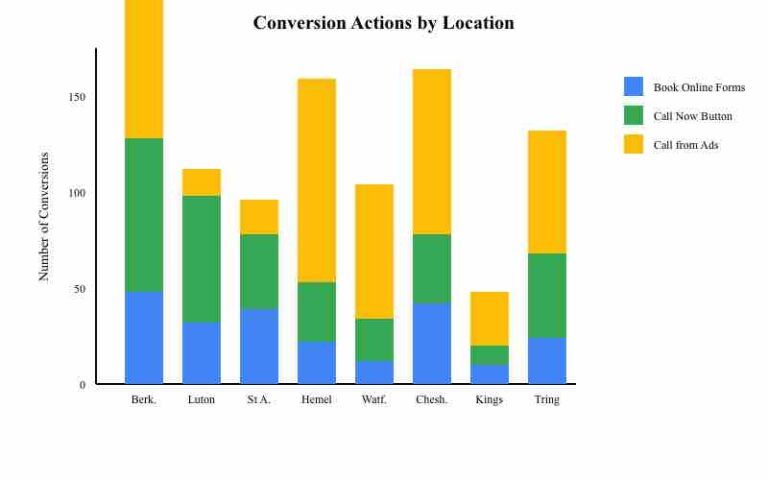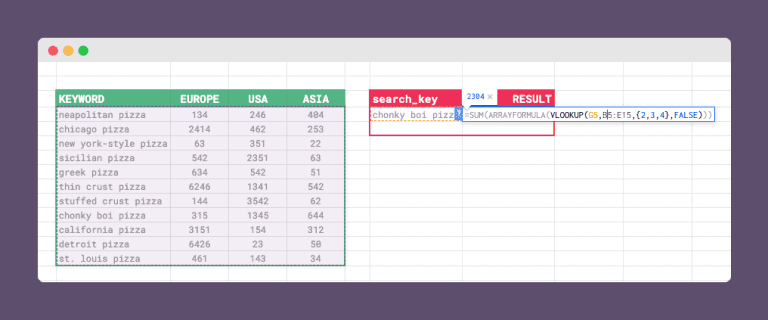Mastering Keyword Research for Optimized Blog Posts: Tips and Techniques for Finding Engaging Topic Ideas
Mastering keyword research is crucial for any blogger or content writer looking to optimize their blog posts. With the right tips and techniques, finding engaging topic ideas can become a breeze. By using relevant keywords, he or she can increase the visibility of their content on search engines and attract the right audience. In this blog post, they will learn valuable strategies for keyword research that will help them create focused and effective blog posts.
Introduction
Keyword research forms an important part of search engine optimization (SEO). Proper keyword research can help bloggers and content creators to generate engaging topic ideas that can increase traffic to their blogs or websites. The content writer has made a video about blog post keyword research. The video teaches tips for finding content ideas, on-page SEO, and keyword optimization. Understanding how to do keyword research for blog posts is crucial for making relevant and complete content. In this article, we will explore some valuable tips and techniques for finding engaging topic ideas and conducting keyword research for optimized blog posts.
Why is Keyword Research Important?
Keyword research for blog posts and blogs is simple to do. The writer emphasizes writing complete blog posts that match the topic. Updating blog posts regularly is important to maintain relevance. Relevance is an essential part of ranking on search engine results pages. The writer stresses the importance of making content that answers what people are searching for. By conducting keyword research, bloggers and content creators can find out what words and phrases people are using when they search for information, products, and services. With this information, bloggers can craft their content to match the user’s intent, which can lead to better engagement and conversion rates.
Tips for Finding Engaging Topic Ideas
-
Analyze your target audience: The first step to finding topic ideas is to know your target audience. Identify your target audience’s needs, interests, and pain points, and create content that addresses these needs.
-
Use Google Search Suggestions: Google search suggestion is a great place to find engaging topic ideas. Type in a keyword related to your niche, and Google will suggest several search terms based on the phrases and questions that users frequently search for. These suggestions can give you insights into the types of questions and search intents of your target audience.
-
Use keyword research tools: The writer uses a keyword research tool to generate a list of keywords to use as a topic for blog posts. There are several keyword research tools available, such as Google Keyword Planner, SEMrush, Ahrefs, and more. These tools help you find keywords related to your niche, their search volume, competition, and the potential value.
-
Use Google Search Console: Google search console can be used to find keywords for blog posts and other ideas. This free tool from Google provides insights into the search performance of your website, including the search queries that led users to your site.
-
Use Keywords Everywhere tool: The Keywords Everywhere tool can be used to find long-tail keywords and similar searches to a given keyword. This tool provides data on the search volume, cost per click (CPC), and competition level of the desired keywords.
Techniques for Conducting Keyword Research
-
Identify seed keywords: Start by identifying seed keywords that are related to your niche. These can be broad terms that broadly define the topic.
-
Use Google Keyword Planner tool: The Google Keyword Planner tool can be used to find new keywords. This tool helps you identify new keywords related to your seed keywords, their search volume, and competition level.
-
Refining keywords: Refining keywords can be done using tools like Google Keyword Planner. This tool can also help you identify long-tail keywords that are more specific to your niche. It’s crucial to choose keywords with a high search volume and low competition.
-
Analyze competitors: Analyzing what your competitors are doing can also give you valuable insights into keyword ideas. Use the same tools that are discussed above to analyze your competitors’ keywords and content strategies.
-
Use LSI keywords: Latent Semantic Indexing (LSI) keywords are words and phrases related to your main keyword. Using LSI keywords helps search engines to understand the context and relevance of your content. LSI keywords can be found using tools like LSIGraph or by typing your main keyword into Google and scrolling to the bottom of the page to find “related searches”.
Conclusion
Keyword research is the foundation of SEO, and having a comprehensive understanding of how to conduct keyword research can help bloggers and content creators generate engaging topic ideas that can increase traffic to their blogs or websites. In this article, we looked at some valuable tips and techniques for finding engaging topic ideas and conducting keyword research for optimized blog posts.
FAQs
-
Can you use multiple keywords in a blog post?
Yes, using multiple keywords helps to make your content more relevant, but it’s essential to ensure that they are relevant to the topic. -
How do I know which keywords are more important to include in my content?
Choose keywords with a high search volume and low competition. These keywords can help you rank better on search engine results pages. -
What is the best tool to use for keyword research?
There are several powerful keyword research tools available like Google Keyword Planner, SEMrush, Ahrefs, Moz, etc. -
What are LSI keywords, and why are they important?
LSI keywords are words and phrases related to your main keyword. Using LSI keywords helps search engines to understand the context and relevance of your content that can help your post rank higher. -
How often should I update my blog posts?
Regularly updating your blog posts can help to keep them relevant and fresh and improve your chances of ranking higher on search engine results pages. It’s best to update your blog posts whenever you get new information or new insights.







